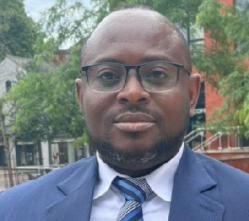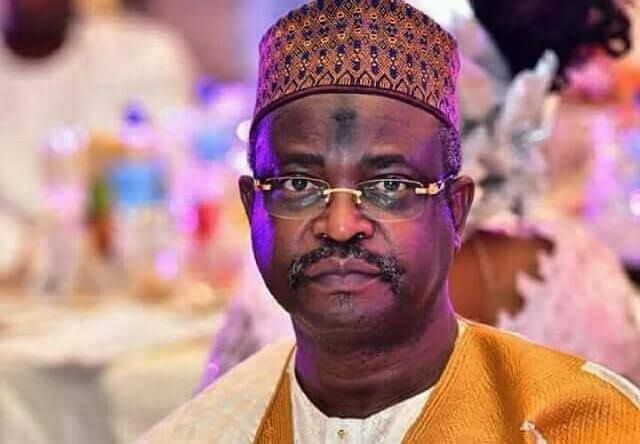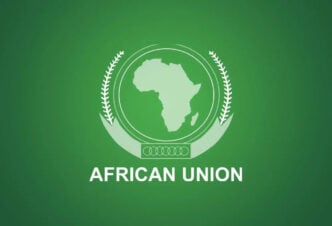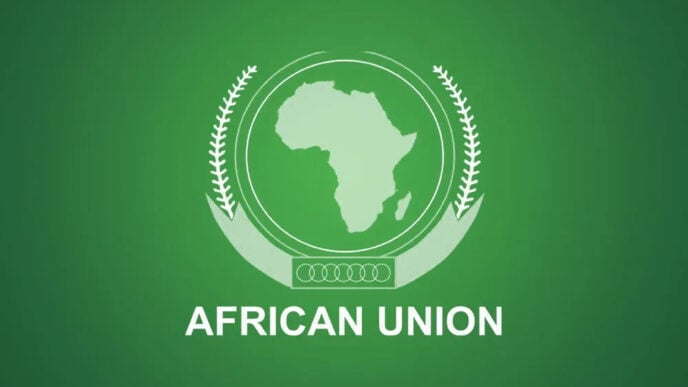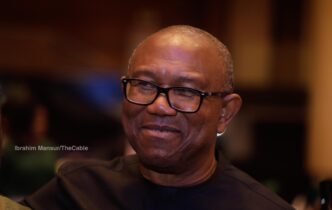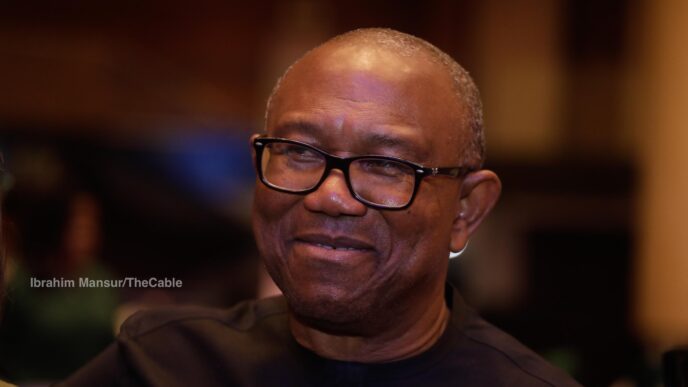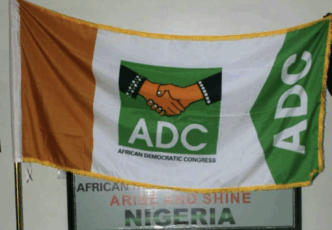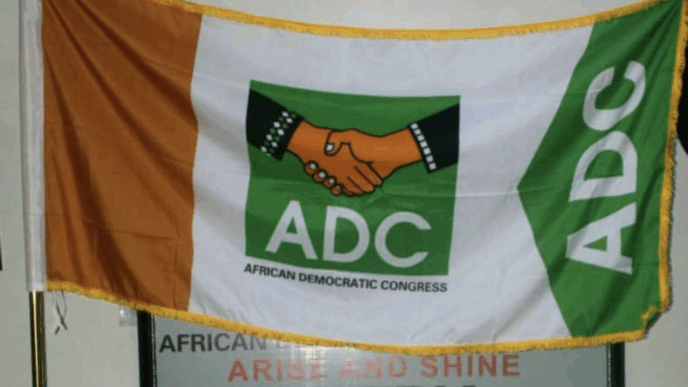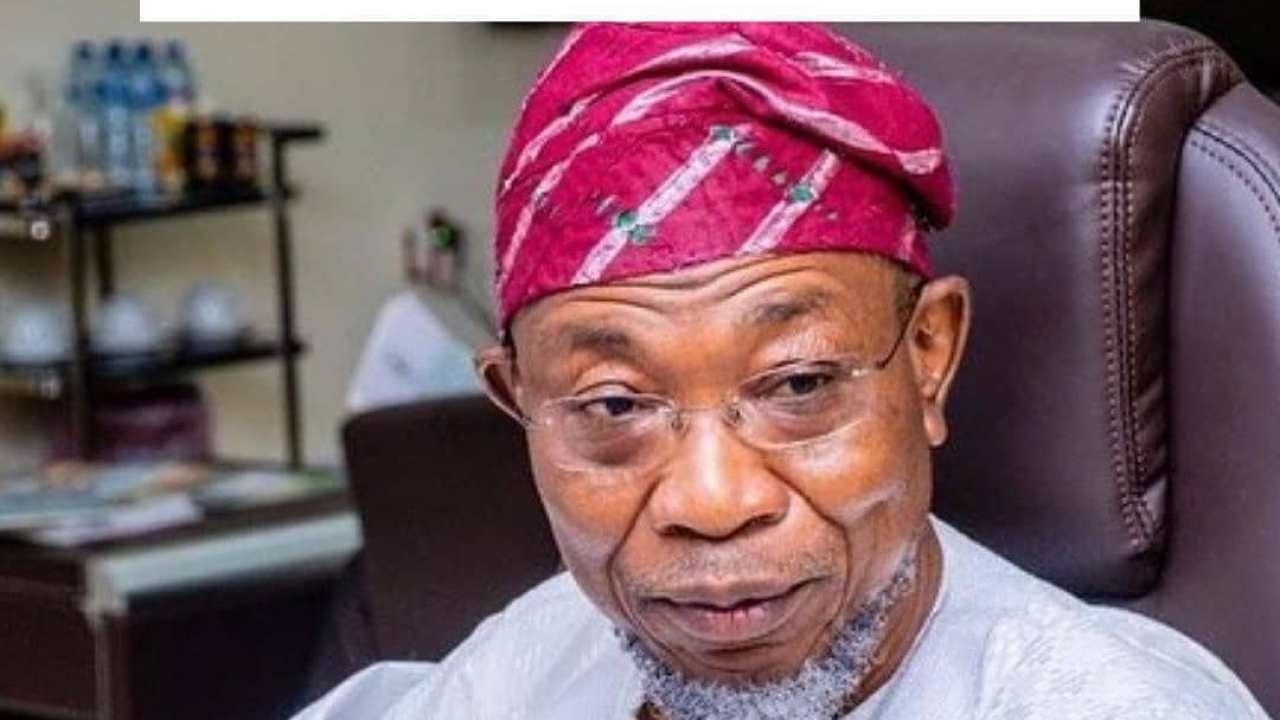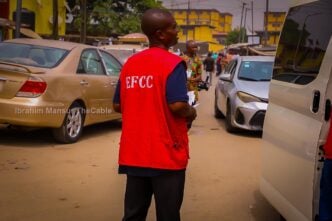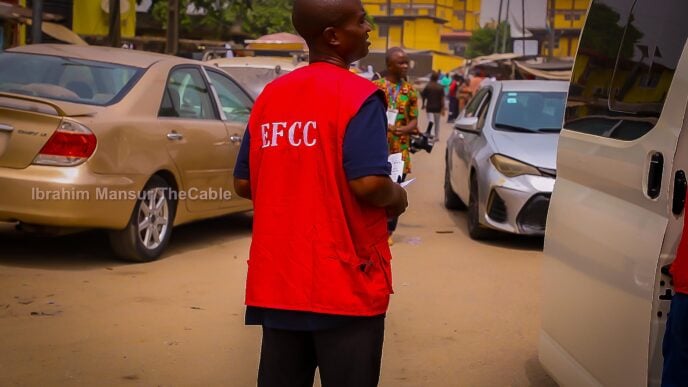“Oh, for an Isaiah or a Saint Paul to reawaken this sick world to its moral responsibilities!” Such was the plaintive cry of former US President Harry Truman on March 6, 1946. Truman, who was addressing the Friends of the Federal Council of Churches of Christ conference at the Deshler-Wallick Hotel in Columbus, felt the need for moral leaders of the highest calibre in the world of his time. He desired people, especially religious leaders, who could speak the truth to power no matter whose ox is gored and hold leaders accountable. Nigeria, our beloved country, is in dire need of such men at this critical juncture of our national life.
On May 29, 2025, the nation celebrated 26 years of uninterrupted democratic governance. While our democracy is now a full-grown, muscular adult, the quality of men keeps declining. To date, people talk with fond memories of the ‘Class of 99 governors.’ Some leading lights in this class are the current president of Nigeria, Bola Tinubu (then governor of Lagos state from 1999 to 2007); James Onanefe Ibori (Delta state 1999–2007); Orji Uzor Kalu (Abia state 1999–2007); Umaru Musa Yar’Adua (Katsina 1999–2007); Segun Osoba (Ogun State 1999–2003); Ahmed Makarfi (Kaduna 1999–2007); Lam Adesina (Oyo state 1999–2003); Obong Victor Attah (Akwa Ibom 1999–2007); and Lucky Igbinedion (Edo state 1999–2007), to mention just a few.
During their time, many of the governors publicly challenged some of the anti-people policies of the federal government and the pseudo-military democracy that was practised then by former President Olusegun Obasanjo. Many of the governors then belonged to the then-ruling party—the Peoples Democratic Party (PDP)—yet they did not allow party affiliations to becloud their sense of reasoning and judgement.
The south-south governors, who were all PDP leaders, even took the Obasanjo-led federal government to court on the issue of resource control and demanded a fair deal in the oil derivation principle, which they claimed they deserved as the geese that lay the golden eggs of Nigeria’s development. The majority of the PDP governors rejected Obasanjo’s bid for a second term and chose to back another PDP chieftain for the presidential election. Such can never happen with today’s crop of governors who are endorsing a president who has spent less than 100 days in office for a second term.
Advertisement
In the opposition Alliance for Democracy (AD), Governor Bola Tinubu and his counterparts, such as Osoba, Adesina, Niyi Adebayo, Adebayo Adefarati, and Bisi Akande, also took joint positions where they countered and checkmated the federal government on some policies they considered anti-masses. That is clearly lacking in today’s Nigeria, where ignorant folks perceive genuine and constructive criticism of the president as attempts to sabotage his government.
Nigeria also witnessed a vibrant national assembly in 1999, which constitutionally and effectively played its role in checkmating the executive arm of government. It is a clear departure from the current national assembly, which has almost turned the political song ‘On Your Mandate We Shall Stand’ into a national anthem during budget presentations by the president.
Senate presidents like the late Chuba Okadigbo, Adolphus Wabara, and Anyim Pius Anyim, as well as speakers of the house of representatives like Ghali Na’Abba, lived up to their responsibilities as the true representatives of the people. The era also witnessed the tenure of Adams Aliyu Aihanegboye Oshiomhole as the president of the Nigeria Labour Congress (NLC). Oshiomhole served from 1999 till February 2007, leaving office just three months before Obasanjo completed his eight-year rule. Then, when the Oshiomhole-led NLC called for a nationwide strike over the high cost of petroleum products, the entire nation complied. The same can’t be said of the current highly compromised leadership.
Advertisement
In this article, I will single out two men who stood out tall in that era. The first is the late Na’Abba. The Fourth Republic witnessed serious tension between the executive arm of government, led by Obasanjo, and the house of representatives, led by Na’Abba. While Na’Abba had a band of radical lawmakers in his arsenal, Obasanjo, then as president, had enormous power, resources, and influence at his beck and call. The legislators even threatened to impeach the president for breach of the constitution, incompetence, and abetting corruption.
In August 2002, the house of representatives passed a motion asking Obasanjo to resign within 14 days or face impeachment. After the ultimatum expired, the PDP-controlled senate gave its backing to the house of reps. Minister of information Jerry Gana would later tell reporters that Obasanjo had indicated his readiness to give “a full and comprehensive response to the charges.”
During the Ikeja bomb blast that happened on January 27, 2002, the house of representatives asked Obasanjo to suspend his planned foreign trip to the United States and Venezuela, even though he (Obasanjo) ignored the directives and travelled with his late wife, Stella.
The current national assembly, led by Senate President Godswill Akpabio and Reps Speaker Tajudeen Abass, has never once summoned President Bola Tinubu to brief them on rising cases of insecurity in the country, killings by suspected herdsmen, the state of the economy, and other pressing national issues. For weeks, the president refused to visit Benue, Plateau, and other states where innocent citizens were being slaughtered, and the national assembly decided to look the other way.
Advertisement
Oh, for a Ghali Na’Abba to reawaken this sick national assembly to its responsibilities.
For daring to speak truth to power, Na’Abba lost his reelection to the house of representatives in 2003. Many believed that the presidency played a huge role in ensuring that he never returned, given his strong opposition to Obasanjo.
James Ibori was one of the leading lights among the class of 99 governors. No sooner had he assumed office as governor than Ibori mobilised his colleague governors in the south-south to begin an agitation for resource control and true federalism, and even took the FG to court. This singular action pitched Ibori against Obasanjo, who saw him as a sort of rebel.
In 2003, it was gathered that Ibori, in defiance of Obasanjo, played a huge role in ensuring that his counterpart in Lagos state, Bola Tinubu, was not rigged out of office. Among the six south-west governors in the AD then, only Tinubu survived the PDP tsunami. Ibori also helped in securing the safety of former Anambra state Governor Chris Ngige, who was abducted and held to ransom by the forces in the PDP who assisted him in becoming governor. Ibori is still alive, and I believe posterity will judge him right if he can document some of these events in a book.
Advertisement
In 2006, Ibori was also one of the few PDP governors who kicked against the sustenance of Obasanjo’s presidential tenure beyond 2007. A true believer in the ‘One Nigeria’ mantra, he advocated for rotation of power to the northern part of the country after Obasanjo’s tenure, and he worked assiduously for the success of the late Yar’Adua in the presidential election.
Speaking during the night of tributes for the late media mogul, Raymond Dokpesi, Ibori revealed how he mobilised to stop a pre-written confab report, which would have been detrimental to the people of the south-south if implemented.
Advertisement
He said: “I can recall in 2005 when the National confab was convened. Before the confab started, a report was already floating around. In fact, the chairman of that confab was the late Justice Niki Tobi, a very illustrious son of the south-south. Before the confab commenced, a report was ready, and Justice Niki Tobi was called to the Villa and given this report to adopt. When the man left the Villa, the first person he called was me, and I called two people—one was the late DSP Alamieyeseigha. The other person was High Chief Raymond Dokpesi. He (Dokpesi) immediately sprang into action, mobilising covertly to stop that report, because the report was detrimental to the interest of our people. And successfully he stopped it, but I’m sure that till today, nobody told that story.”
Like all humans, Ibori is not perfect and has his flaws, but as expected, for daring the establishment and fighting for his people’s interests, he was jailed in the United Kingdom for alleged corrupt acts. Upon his return to Nigeria, he was given a rousing welcome by his people, something that confounded even the British authorities who incarcerated him. They saw in Ibori a thief that should be ostracised, but the people of the Niger Delta saw in him a trustworthy leader who fought and continues to fight for their interests and one whose records of governance in Delta state remain unmatched till date.
Advertisement
In an interview granted shortly after Ibori’s return, Charles Idahosa, a former commissioner for information and orientation in Edo state, said Ibori was jailed because he, alongside some PDP governors, wanted to make an Igbo man president in 2003. He said that in order to pacify the Igbos, some PDP governors led by Ibori, the late Diepreye Alamieyeseigha, and Lucky Igbinedion agreed to support Alex Ekwueme to clinch the PDP presidential ticket for the 2003 general election. He also said they approached former Vice-President Atiku Abubakar and told him to become Ekwueme’s running mate, after which he would contest as president in 2007 after the completion of Ekwueme’s four years.
According to Idahosa, though Atiku originally agreed to the idea, he later opted out after he was begged by Obasanjo to support him for a second term. He said the plot to make Ekwueme president in 2003 later leaked to Obasanjo, who now marked the arrowheads led by Ibori for political persecution through the EFCC.
Advertisement
“Yes, I was part of that plan to make an Igboman president in order to pacify the region, but who aborted it? We met Chief Alex Ekwueme because we don’t want Obasanjo to contest after 2003. In fact, that was what Chief James Ibori was punished for. That was what the late DSP Alamieyeseigha paid for. Alamieyeseigha was pursued till death, while Ibori was fortunate he got to prison and came back. We met with Atiku Abubakar, who was then vice president to Obasanjo, and he agreed that he would become vice president for another four years to Ekwueme from 2003 to 2007. The news leaked to Obasanjo, and he started begging to be given the party’s ticket for another term. I knew that after 2003, Obasanjo would come out in full force. Ibori was witch-hunted and jailed,” Idahosa said.
Last year, when the supreme court proclaimed the judgement that granted full autonomy to local governments, Ibori, in spite of his close relationship with President Tinubu, expressed disagreement with the verdict, saying the federal government has no right to interfere with the administration of local governments under any guise whatsoever. He also described the ruling as a severe setback to the principles of federalism.
Today, Nigeria is in dire need of real leaders who can rise above the pettiness of party, religious, and ethnic affiliations and speak truth to power. The Nigerian Governors Forum (NGF), which used to be a vibrant body, has become a shadow of itself, a body that cannot even speak with one voice when one of its own, Siminalayi Fubara, was unconstitutionally removed and a state of emergency was declared in Rivers state by President Tinubu.
Everybody wants to be in the good books of the president. Even the national assembly leadership was complicit in endorsing the governor’s removal despite not forming a quorum. Daily, opposition governors are defecting to the ruling APC, while those remaining in their party are covertly supporting the president. These are not real leaders; they are weaklings. After all, the president has done them well by allocating more money to them from the gains of subsidy removal; hence, anything he does is right. Our democracy can’t thrive with this current set of leaders. It is a huge shame.
“Oh, for a Gani Fawehinmi! Oh, for a Fela Anikulapo-Kuti. Oh, Ghali Na’Abba and a James Ibori to awaken these sick leaders to their responsibilities!”.
Akinsuyi, former group politics editor of the Daily Independent, writes from the United Kingdom. He can be reached at [email protected]
Views expressed by contributors are strictly personal and not of TheCable.
